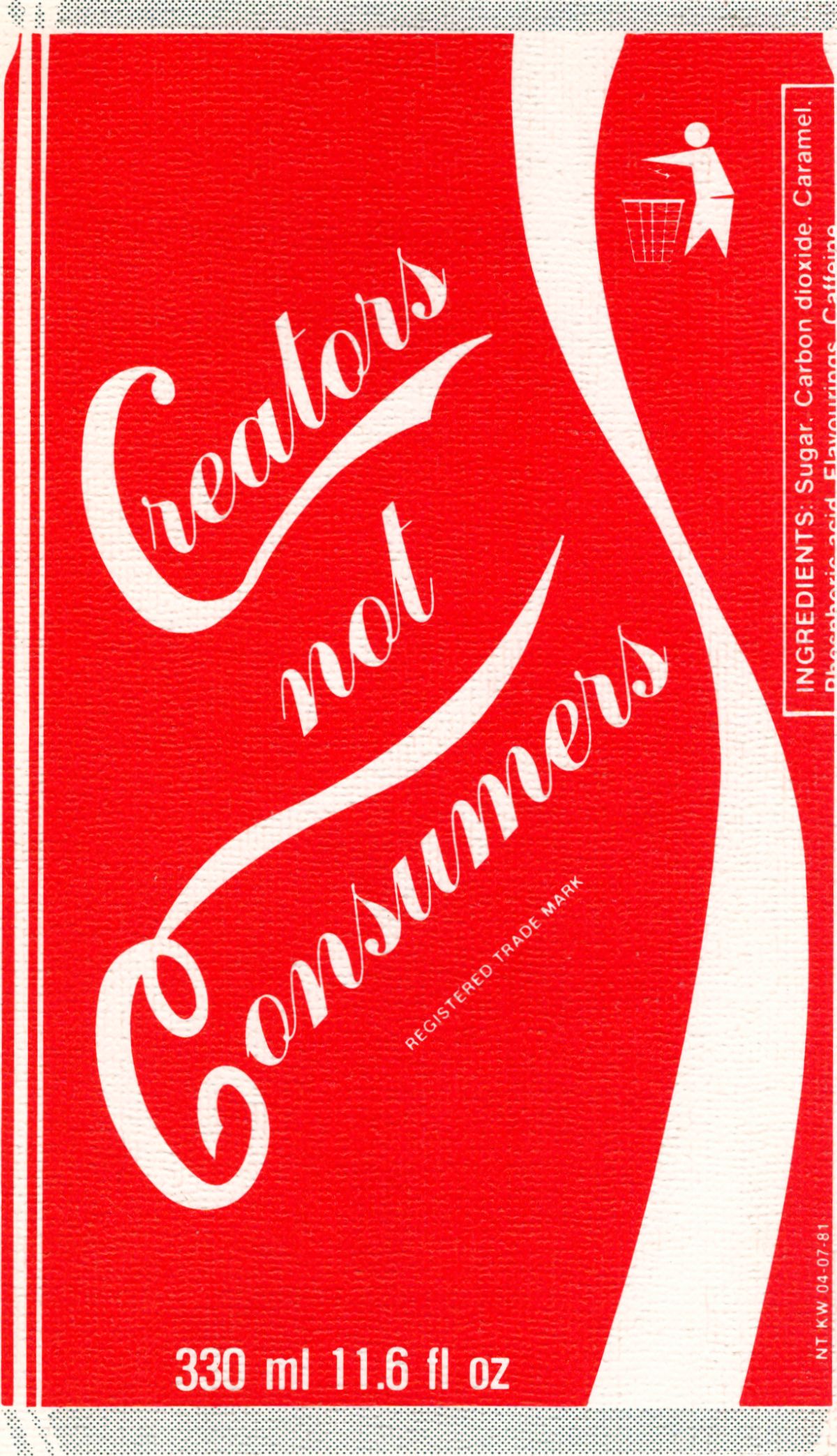The conclusion of Mark Smith’s exploration of youth work and social education – Creators not Consumers. Rediscovering social education (1982).
[page 55] Looking back over the last chapter one word seems to spring out from the pages — the word critical. Its arrival is no accident. Three meanings of the word join together and make its use important.
First, much social education has been uncritical of the society and time it has been born of. It has accepted the powerless position of those it is supposed to help and done little to change that situation, even though this would appear to be a direct contradiction of its core values. In an unjust society social education has to be critical.
Second, there is a lack of good theory around in youth work. Rather too much reliance is placed on ‘what worked last week’. This folk or practice wisdom needs careful criticism and examination. If social education isto develop and have meaning it must connect its practice with theory. It must develop a careful or critical analysis.
Third, our society is currently in a time of abrupt change and crisis. Gaps are widening and old solutions are not working. Youth workers need a theory and a practice that speaks to such critical times.
In a sense it should be unnecessary to put the word critical in front of the phrase ‘social education’, for what is education if it is not a critical process? Unfortunately much of what passes for social education neither questions nor develops, and it is because workers and managers have so debased the concept that the word critical becomes so important.
[page 56]
Helping people to meet developmental needs must involve educators in politics and in making plain the values and assumptions that inform their work. Personal problems and experiences can only be fully understood and acted upon when they are seen as both private ‘troubles’ and public issues. This is the task for a critical social education and whilst the problems are formidable, the opportunity for action is always with us. The starting point can be as close as a member’s request for you to organise a trip and the readiness on your part to encourage and help them to do the thing for themselves. Neil’s request may not have seemed very special, but the fact that he ended up a creator rather than a mere consumer is not without personal and political significance.
Mark Smith (1982) Creators not Consumers. Rediscovering social education 2e, Leicester: National Association of Youth Clubs.
Reprinted with the permission of Youth Clubs UK.
Afterword: pages 55 – 56.
© Mark K. Smith 1980, 1982
